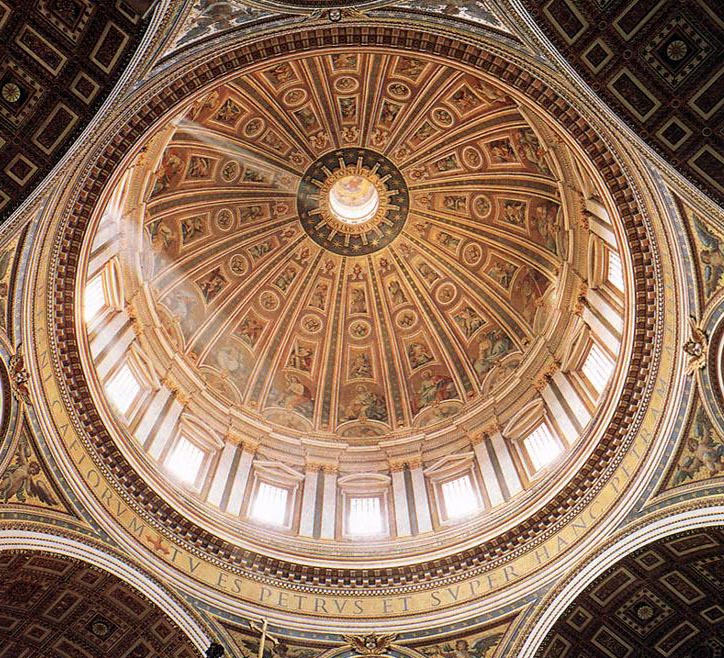The main candidates for me are Innocent III (1198-1215), Julius II (1503-153) and Paul III (1534-1549).
Innocent III started the Fourth Crusade. Altough the outcome was not what he originally wanted, he used it to establish Latin rule over the Byzantines. He made England, Aragon and Sicily tributaries of Rome. He also deposed the German Emperor Otto IV by replacing him with his protegè Frederick II, already King of Sicily.
Julius II, aka the warrior pope (apparently he chose his name in honor of Julius Caesar rather than Pope Julius I). He managed to oppose for a decade France, Spain and others in their attempt to become masters of Italy. He sent the Borgias back to Spain and personally led Papal Armies against the French. He was a great patron of the Arts. His successors, the Medici Popes, were just as great patrons but way less effective in foreign policy (altough they advanced their family's interests significantly). Julius II ratified the Treaty of Tordesillas and was the first to establsih bishoprics in the Americas. He created the Swiss Guards.
Paul III initiated the Council of Trent and the Counter-Reformation. He was also a patron of Copernicus and issued several bulls condemning the enslavememt of the Indios in America by Portugal and Spain. He mediated bewteen the French King and the Germanic Emperor to make peace within Christendom and face the Ottomans, altough the crusades he organized were not successful. He created a duchy in Parma for his nephew, and sent him to fight (successfully) the Protestants in Germany.
Innocent III started the Fourth Crusade. Altough the outcome was not what he originally wanted, he used it to establish Latin rule over the Byzantines. He made England, Aragon and Sicily tributaries of Rome. He also deposed the German Emperor Otto IV by replacing him with his protegè Frederick II, already King of Sicily.
Julius II, aka the warrior pope (apparently he chose his name in honor of Julius Caesar rather than Pope Julius I). He managed to oppose for a decade France, Spain and others in their attempt to become masters of Italy. He sent the Borgias back to Spain and personally led Papal Armies against the French. He was a great patron of the Arts. His successors, the Medici Popes, were just as great patrons but way less effective in foreign policy (altough they advanced their family's interests significantly). Julius II ratified the Treaty of Tordesillas and was the first to establsih bishoprics in the Americas. He created the Swiss Guards.
Paul III initiated the Council of Trent and the Counter-Reformation. He was also a patron of Copernicus and issued several bulls condemning the enslavememt of the Indios in America by Portugal and Spain. He mediated bewteen the French King and the Germanic Emperor to make peace within Christendom and face the Ottomans, altough the crusades he organized were not successful. He created a duchy in Parma for his nephew, and sent him to fight (successfully) the Protestants in Germany.


